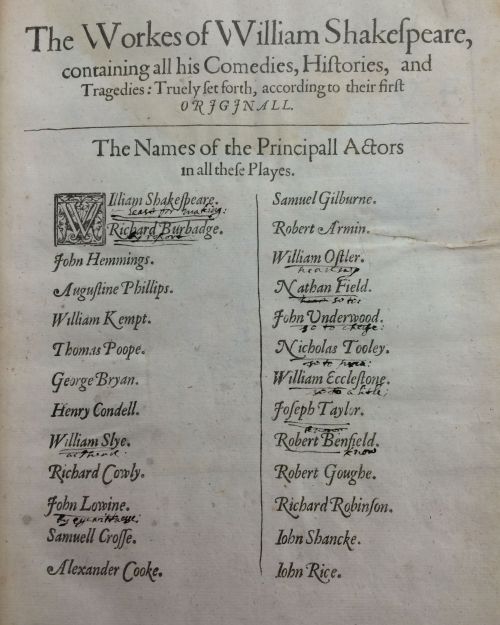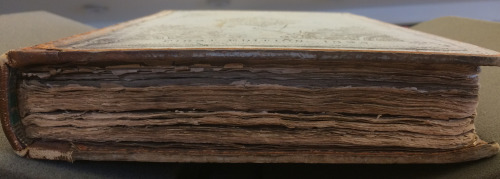#university of glasgow
Newly developed material could lead to lighter, safer car designs
A new form of 3-D-printed material made by combining commonly-used plastics with carbon nanotubes is tougher and lighter than similar forms of aluminium, scientists say.
The material could lead to the development of safer, lighter and more durable structures for use in the aerospace, automotive, renewables and marine industries.
In a new paper published in the journal Materials & Design, a team led by University of Glasgow engineers describe how they have developed a new plate-lattice cellular metamaterial capable of impressive resistance to impacts.
Metamaterials are a class of artificially-created cellular solids, designed and engineered to manifest properties which do not occur in the natural world.
Post link
Printed electronics breakthrough could lead to flexible electronics revolution
A new form of electronics manufacturing which embeds silicon nanowires into flexible surfaces could lead to radical new forms of bendable electronics, scientists say.
In a new paper published today in the journal Microsystems and Nanoengineering, engineers from the University of Glasgow describe how they have for the first time been able to affordably ‘print’ high-mobility semiconductor nanowires onto flexible surfaces to develop high-performance ultra-thin electronic layers.
Those surfaces, which can be bent, flexed and twisted, could lay the foundations for a wide range of applications including video screens, improved health monitoring devices, implantable devices and synthetic skin for prosthetics.
The paper is the latest development from the University of Glasgow’s Bendable Electronics and Sensing Technologies (BEST) research group, led by Professor Ravinder Dahiya.
Post link
Happy almost birthday, Shakespeare! Or should I say Bard-thday? Recently, in honour of the 400th anniversary of William Shakespeare’s death (conveniently for celebratory purposes, he was born on April 23 1564 and died on the same day in 1616), I was given the incredible opportunity to have a private audience to go through the University of Glasgow’s copy of the First Folio, page by page. I’ve written a short article for the University Library’s blog, which you can find here, but I wanted to share some other images on my own blog that I didn’t have room for on the official post!
The University of Glasgow’s First Folio (more properly known as Mr. William Shakespeare’s Comedies, Histories, & Tragedies) is able to tell so many more stories than those of the plays contained in its pages- of the history of the antiquarian book trade, of the printing practices of the Renaissance, of book ownership and value. Rest assured, you’ll probably be seeing posts from me in the future about all of these things, as well as the typographical ornaments used in the book, which I found fascinating. The University’s Folio is particularly interesting due to the notations by past owners, including one who had apparently seen at least one of the original Chamberlain’s Men “By eyewittnesse”. But my favourite bit of the later additions is the morbid little poem on the reverse of one of the flyleaves: “Pitty it is the fam’d Shakespeare/ Shall ever want his chin or haire.”
A superb introduction to the first folio in the care of the University of Glasgow Special Collections by my Wife Alexandra Newman. Within this short piece is a link to a University of Glasgow Library blog post written by the same author which goes into further depth to concisely explain what the first folio is and the interesting features of this particular book.
Well done!
Post link
Apple’s Tim Cook condemns Pres. Donald Trump’s immigration order during speech at the University of Glasgow in Scotland. “If we stand and say nothing, it’s as if we’re agreeing.” http://abcn.ws/2kKjUir











